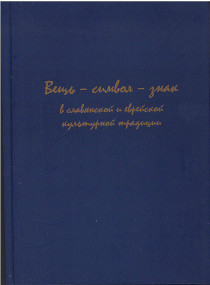Ten Lost Tribes as an Eschatological Symbol in the 15th–16th Centuries Jewish Literature: towards the Reconstruction of the Historical context of the Yitzhak Akrish Conceptions
DOI:
https://doi.org/10.31168/2658-3356.2019.5Keywords:
Judaism, eschatology, Ten Tost Tribes, Jewish historiography, Portuguese-Turkish wars, Ethiopia, falashas, Khazarian-Hebrew CorrespondenceAbstract
The article deals with the interpretation of the collection of accounts about Ten Lost Tribes of Israel, published by Yitzhak Akrish in 1577 in Istanbul. The texts published in this anthology were typical for the Ten Tribes in search in Jewish literature of that period. The search for the Tribes was provoked by Spanish and Portuguese exile in 1492–1497, the Turkish conquest of the Middle East and Turkish-Portuguese rivalry in Indian ocean in the first half and the middle of the 16th century. The Khazarian-Hebrew correspondence was also published in the same anthology and the publisher’s information on it is placed in context of accounts of the land Lost Tribes’ lands in the Red Sea region. Notwithstanding this fact, Akrish was well acquainted with Samuel Shullam of Cairo who published in 1566 in Istanbul an edition of Sefer Yuhasin by Abraham Zacuto – the work that contains some evidences of real historical and geographical situation of Khazaria.












